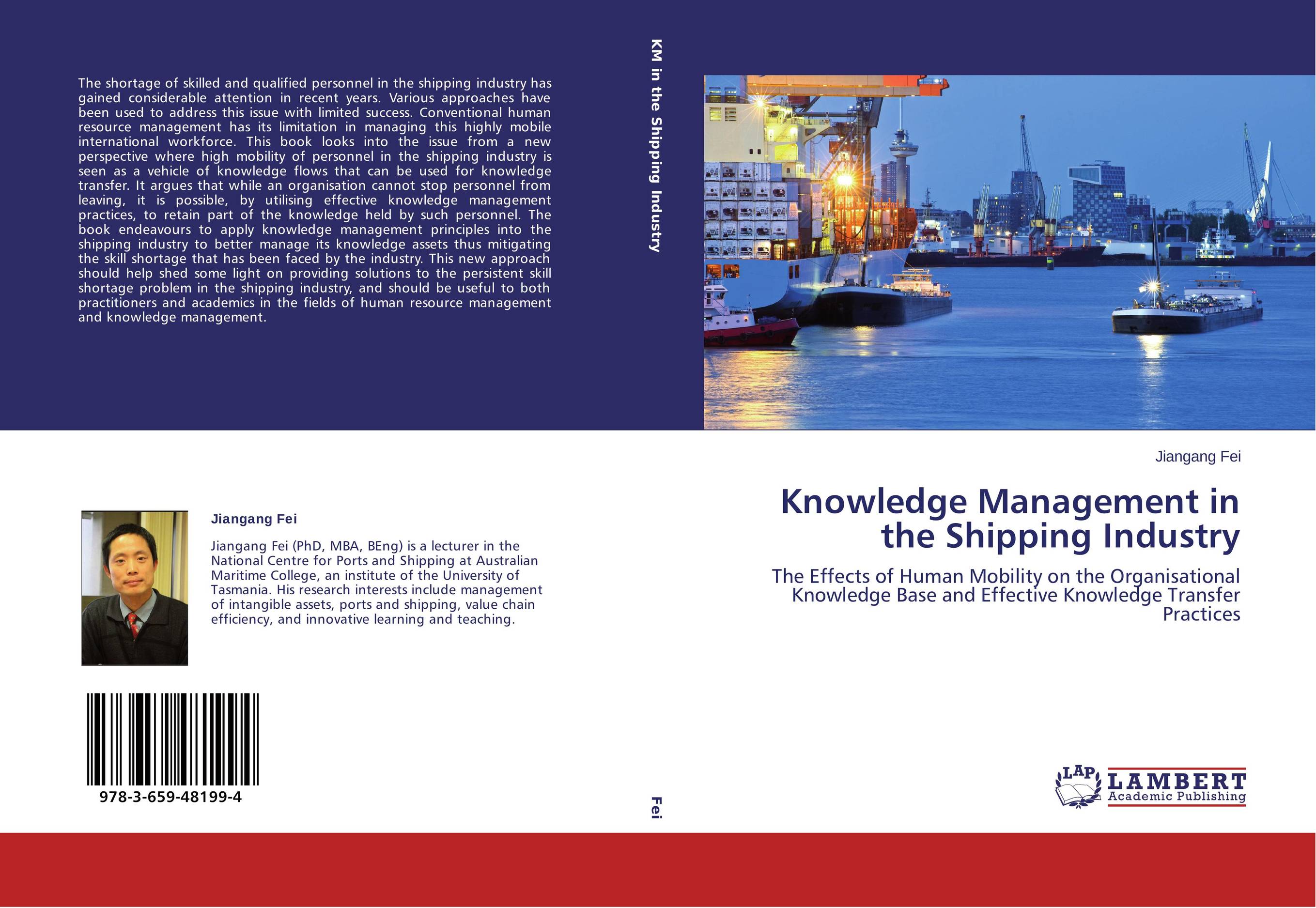| Поиск по каталогу |
|
(строгое соответствие)
|
- Профессиональная
- Научно-популярная
- Художественная
- Публицистика
- Детская
- Искусство
- Хобби, семья, дом
- Спорт
- Путеводители
- Блокноты, тетради, открытки
Knowledge Management in the Shipping Industry. The Effects of Human Mobility on the Organisational Knowledge Base and Effective Knowledge Transfer Practices

В наличии
| Местонахождение: Алматы | Состояние экземпляра: новый |

Бумажная
версия
версия
Автор: Jiangang Fei
ISBN: 9783659481994
Год издания: 2013
Формат книги: 60×90/16 (145×215 мм)
Количество страниц: 388
Издательство: LAP LAMBERT Academic Publishing
Цена: 60995 тг
Положить в корзину
Ожидает определения тематики
Код товара: 128179
| Способы доставки в город Алматы * комплектация (срок до отгрузки) не более 2 рабочих дней |
| Самовывоз из города Алматы (пункты самовывоза партнёра CDEK) |
| Курьерская доставка CDEK из города Москва |
| Доставка Почтой России из города Москва |
Аннотация: The shortage of skilled and qualified personnel in the shipping industry has gained considerable attention in recent years. Various approaches have been used to address this issue with limited success. Conventional human resource management has its limitation in managing this highly mobile international workforce. This book looks into the issue from a new perspective where high mobility of personnel in the shipping industry is seen as a vehicle of knowledge flows that can be used for knowledge transfer. It argues that while an organisation cannot stop personnel from leaving, it is possible, by utilising effective knowledge management practices, to retain part of the knowledge held by such personnel. The book endeavours to apply knowledge management principles into the shipping industry to better manage its knowledge assets thus mitigating the skill shortage that has been faced by the industry. This new approach should help shed some light on providing solutions to the persistent skill shortage problem in the shipping industry, and should be useful to both practitioners and academics in the fields of human resource management and knowledge management.
Ключевые слова: knowledge management, Information Technology, knowledge transfer, Maritime, shipping, intangible assets, human resource management, human mobility, skill shortage



